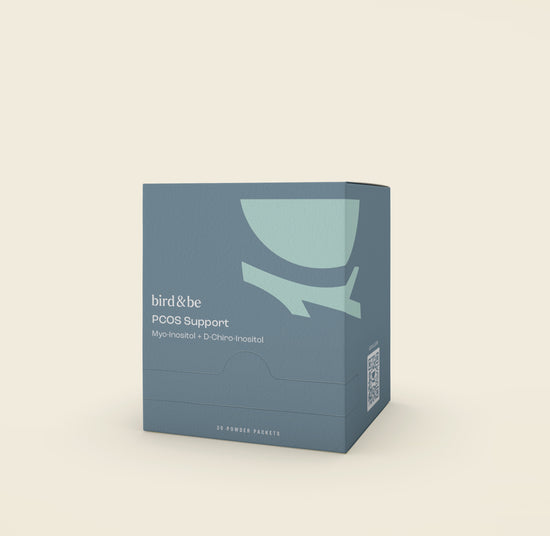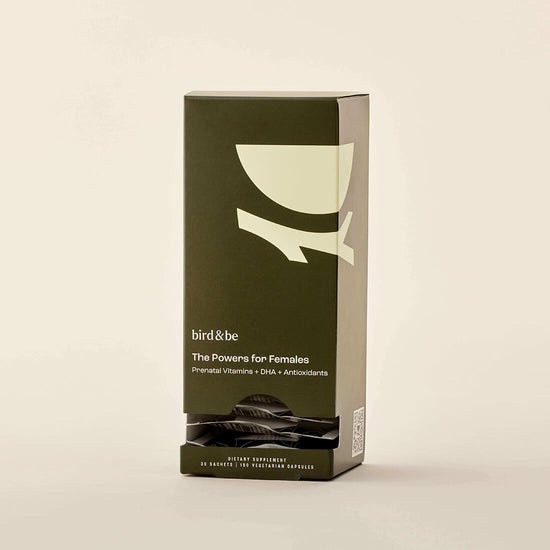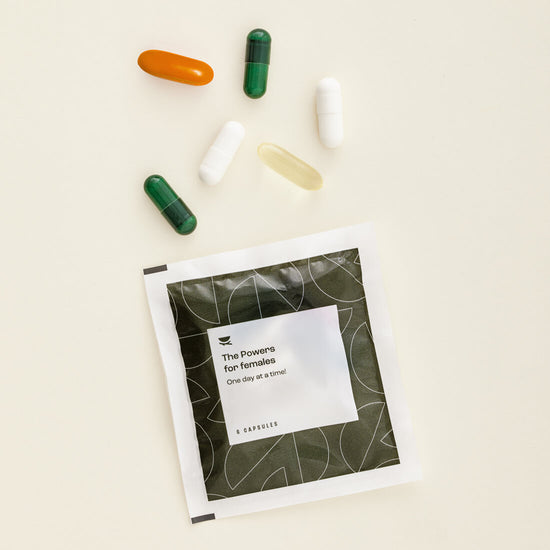If you have PCOS (polycystic ovarian syndrome) you probably know that predicting ovulation can sometimes be tricky. With PCOS, several hormonal issues are possible; some of which prevent your eggs from growing, while others can alter the timing of ovulation. Because of this, it’s common to have longer menstrual cycles with even months between periods—a clear sign that regular ovulation is not occurring. It’s possible to have PCOS and still regularly ovulate (reflected by regular cycles), but this isn’t the case for a lot of people, which can make tracking ovulation complicated.
Here are a few tips on how to track ovulation if you have PCOS
Generally, the LH surge occurs about two weeks prior to the start of your period (if you did not conceive that cycle). In a 28-day cycle you would anticipate an LH surge around day 14 and in a 32-day cycle you would anticipate an LH surge around day 18. Learn more about when to take an ovulation test.
If you have a regular cycle:
Try using at-home LH test strips to see if you are one of the cases of PCOS where ovulation still occurs normally. If you start testing around cycle day nine and can’t find any LH peak days, try expanding your test days. Test twice a day (morning and afternoon), starting a few days earlier, and ending a few days later. If your cycle tends to be longer than the 28-days that's considered the norm, you can start testing later to pick up that surge. If there is still no peak, it’s time to see your doctor.
If you have an irregular cycle:
When you have an irregular cycle, you never really know when your period is going to come—which can make it hard to use OPKs (Ovulation Predictor Kits) to detect the LH surge. A high and sustained estrogen level (from the dominant follicle) initiates the start of an LH surge, so you may notice breast tenderness or changes in your cervical mucus, which are associated with the start of a surge—and you could test to try and confirm. A good sign that you’re really picking up the LH surge is if you get your period about two weeks later. In cases of irregular cycles, it’s best to see your doctor and find out if you are indeed ovulating.
If you have multiple days of positive LH peaks
High LH is one common sign of PCOS, so it’s not uncommon for PCOS patients to have a positive LH result on urine tests—but that doesn’t necessarily mean that it’s an LH surge associated with ovulation. Consistent positive LH levels across the cycle might suggest you have a high baseline LH level. High LH without a true peak to indicate ovulation will require the help of your doctor to dive a little deeper.
Ovulation Predictor Kits and PCOS
Remember, LH test strips in OPKs are only able to tell you when the LH is above a certain threshold, and this LH-surge period should cause ovulation within about 24 to 36 hours. But a positive LH test can’t tell you if you actually did ovulate a mature egg. You could technically have high LH, but still only have premature follicles that have been halted in their growth. Having irregular cycles and consistently having a positive LH test strip is a strong indicator that you likely have PCOS and underlying issues with ovulation.
This might sound discouraging if you have PCOS and are trying to conceive, but just because OPKs might not work for you, that doesn’t mean you can’t get pregnant. It does mean that you’ll need some extra help to get more insight about your fertility and potentially treatment if you are hoping to become pregnant. Plan a visit with your doctor so you can find out if you are ovulating or not, and what your options are to help you to ovulate.
What to do to encourage fertility with PCOS
In the meantime, one of the best things you can do is work on reducing insulin resistance (one of the important hormonal imbalances that can lead to PCOS). Include a diet full of vegetables and vegetable-based proteins. Ensure a minimum of 25 grams of fiber each day, and limit sweets, treats, and other high glycemic foods like white breads, white rice, pastries, bagels, sugary granola bars, and starchy potatoes. Read more about diet, insulin resistance and PCOS, here.
If you are not ovulating and a factor is an increased BMI or obesity, losing five to 10 percent body weight can lead to ovulation starting again on its own, allowing you to potentially skip the doctor’s visit.
Regular physical activity is another great way to help regulate insulin. Thirty minutes a day of swimming, dancing, yoga, non-contact sports, brisk walking and other forms of exercise that make you feel strong are all helpful. You can also read up on how to treat PCOS naturally.











